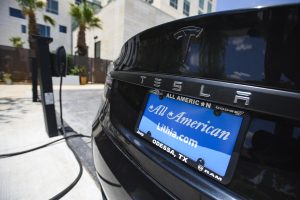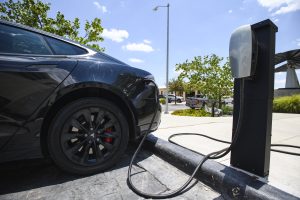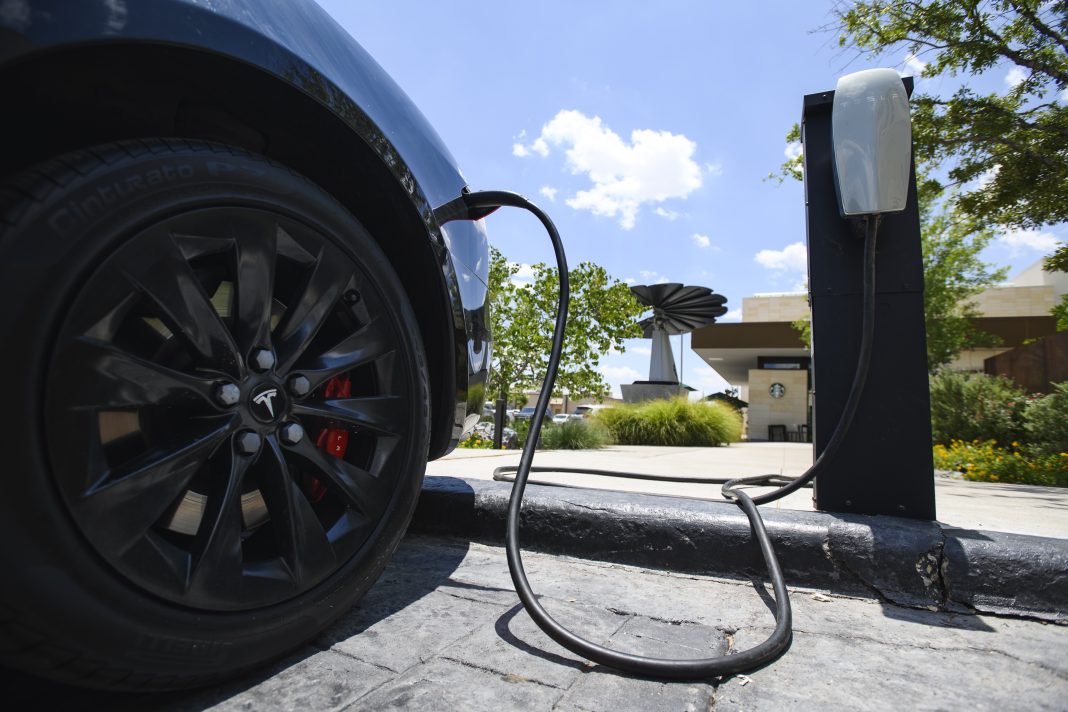Texas is well down the road toward its conversion to electric vehicles, but the effort will be massive to put charging stations every 50 miles on interstate highways and every 70 miles on secondary roads and in the rural areas.
Acting under the U.S. Infrastructure Investment and Jobs Act that was signed into law last November, the Texas Department of Transportation has been awarded $60.4 million of the $407.8 million it will eventually get for the project.
TxDOT must submit its five-year plan to the Federal Highway Administration by Aug. 1.
State Rep. Brooks Landgraf, R-Odessa, notes that all the charging stations will be installed and operated by private companies and that no state money is involved.

“Gov. Abbott specifically directs TxDOT to include a way for Texans to easily get from Beaumont to El Paso and from Texline to Brownsville in an EV with a focus on rural placement and connectivity,” Landgraf said. “He requests that TxDOT lead in drafting the plan with input from impacted state agencies and stakeholders to ensure that every Texan has access to the infrastructure they need to charge an EV.”
Landgraf said the expense will be split with 80 percent from the federal government and 20 percent from the state with third parties funding the state’s share. He said the project is being executed under the National Electric Vehicle Infrastructure (NEVI) Formula Program.
More than 2,000 charging stations are already being operated in Texas, mostly in the big cities, by companies including Electrify America, ChargePoint, Ford, Blink and Tesla, which has “Supercharger” and “Destination” stations.
Most stations offer three levels of charging at multiple bays and fees varying according which level is used and for how long with the goal of a maximum of 30 minutes to take on a full charge.

“TxDOT divisions have begun collaborating with the Texas Commission on Environmental Quality and the State Energy Conservation Office at the Texas Comptroller’s Office to create the deployment plan,” a TxDOT spokesman said. “The plan will contain sections in areas such as charging infrastructure deployment, existing and future conditions, contracting, implementation and program evaluation as well as documentation of state agency coordination, stakeholder outreach and public engagement.
“It will address statewide connectivity and initial EV charging placement needs to reliably travel across the state and in rural areas as well as augmenting the needs in urban areas for greater densities of EV vehicles,” the spokesman said.




